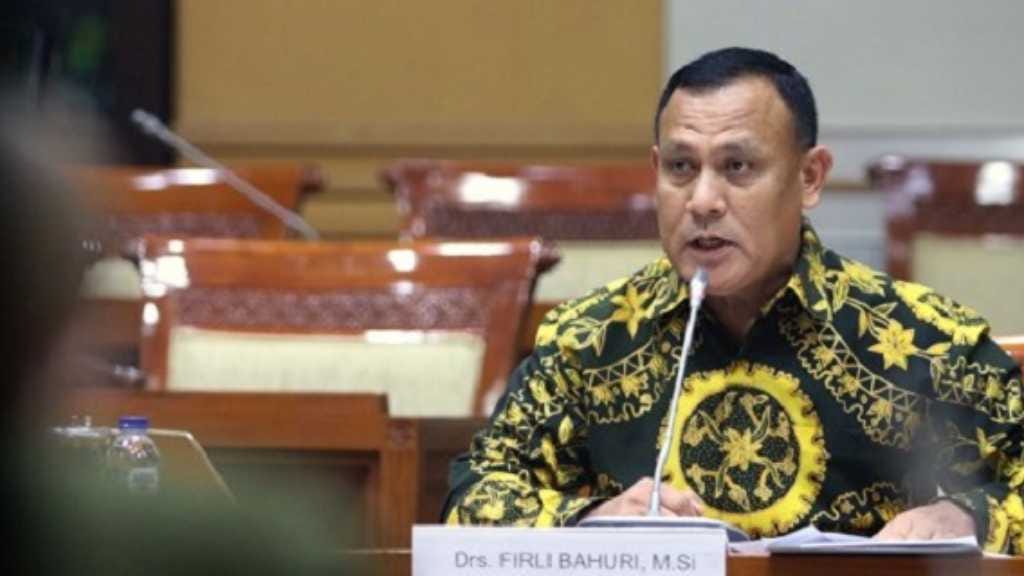Indonesia's Once-Powerful Graft Watchdog Losing Favor
Public trust drops sharply as KPK flounders

Amendments pushed through the Indonesian Legislature last September have crippled Indonesia’s once-most-potent anti-corruption agency so badly that it has begun to lose public sympathy, now ranking behind the army, President Joko Widodo and religious organizations such as Muhammadiyah and Nahdlatul Ulama in public satisfaction.
Widodo, known as Jokowi, i…
Keep reading with a 7-day free trial
Subscribe to Asia Sentinel to keep reading this post and get 7 days of free access to the full post archives.
